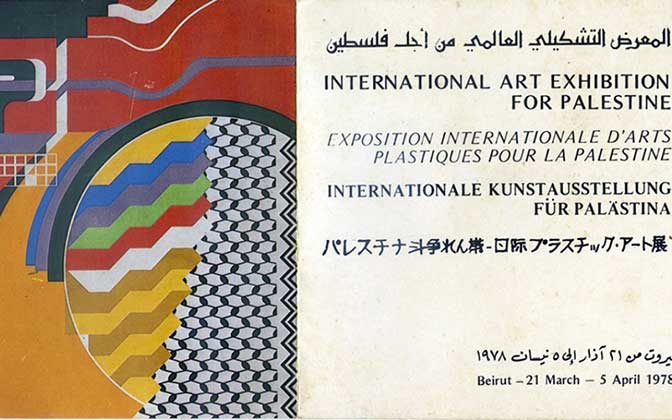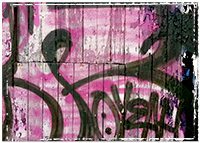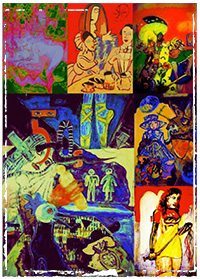In December I attended a talk at the Whitechapel Gallery presented by Rasha Salti, researcher and curator of the exhibition Past Disquiet. In the talk Salti presented the research she and Kristine Khoury undertook to unravel the history of the International Art Exhibition for Palestine, which was organized in Beirut in 1978 and was lost after the Israeli invasion of Lebanon in 1982.
This presentation informed the research methodology they took and the outcomes they reached to demonstrate the difficulty of researching a topic when its components are widely scattered. In their research they contacted and interviewed artists, organizers, politicians and supporters, both Palestinian and international who were involved in the organizing and participation in the lost exhibition. They also collated archival material such as newspaper announcements, press releases, flyers and invitations; material constituting threads needing to be connected. The talk also presented how the organization of the exhibition was done through the official bodies of the PLO based in Beirut then and through the friends and supporters of the Palestinian struggle across the world.
The interesting component of the research and exhibition as presented in the talk, was not only that they shed light over one of the key events in the Palestinian art history, but that in so doing they present a parallel method to present the Palestinian narrative through this exhibition. Their exploration seeks to read the history of art through taking the artwork into the public sphere, their statement says:
The history of contemporary art cannot be written exclusively through the analysis of artworks. One key historiographic discipline investigates and narrates how artworks have been taken into the sphere of public space as the space of reception. The history of exhibitions allows us to understand the role that today’s artistic production gives art within the broader context of political, media, economic, and cultural conditions, or, in other words, how the values that art bestows on life are created and shared.
Rawan Sharaf Khatib is a second year PhD student at the Birmingham School of Art who was funded to attend the Rasha Salti: Exhibition Histories talk.



